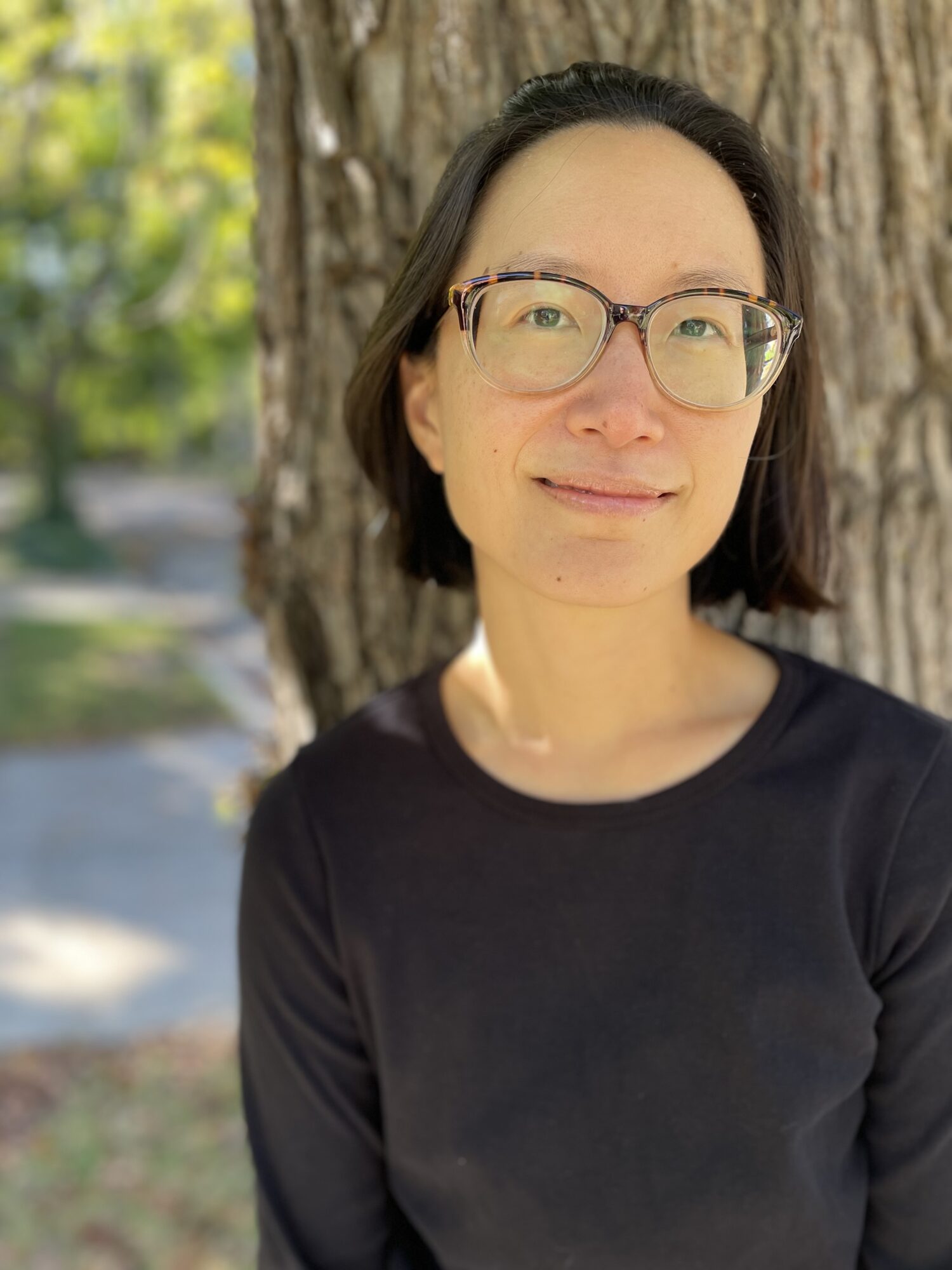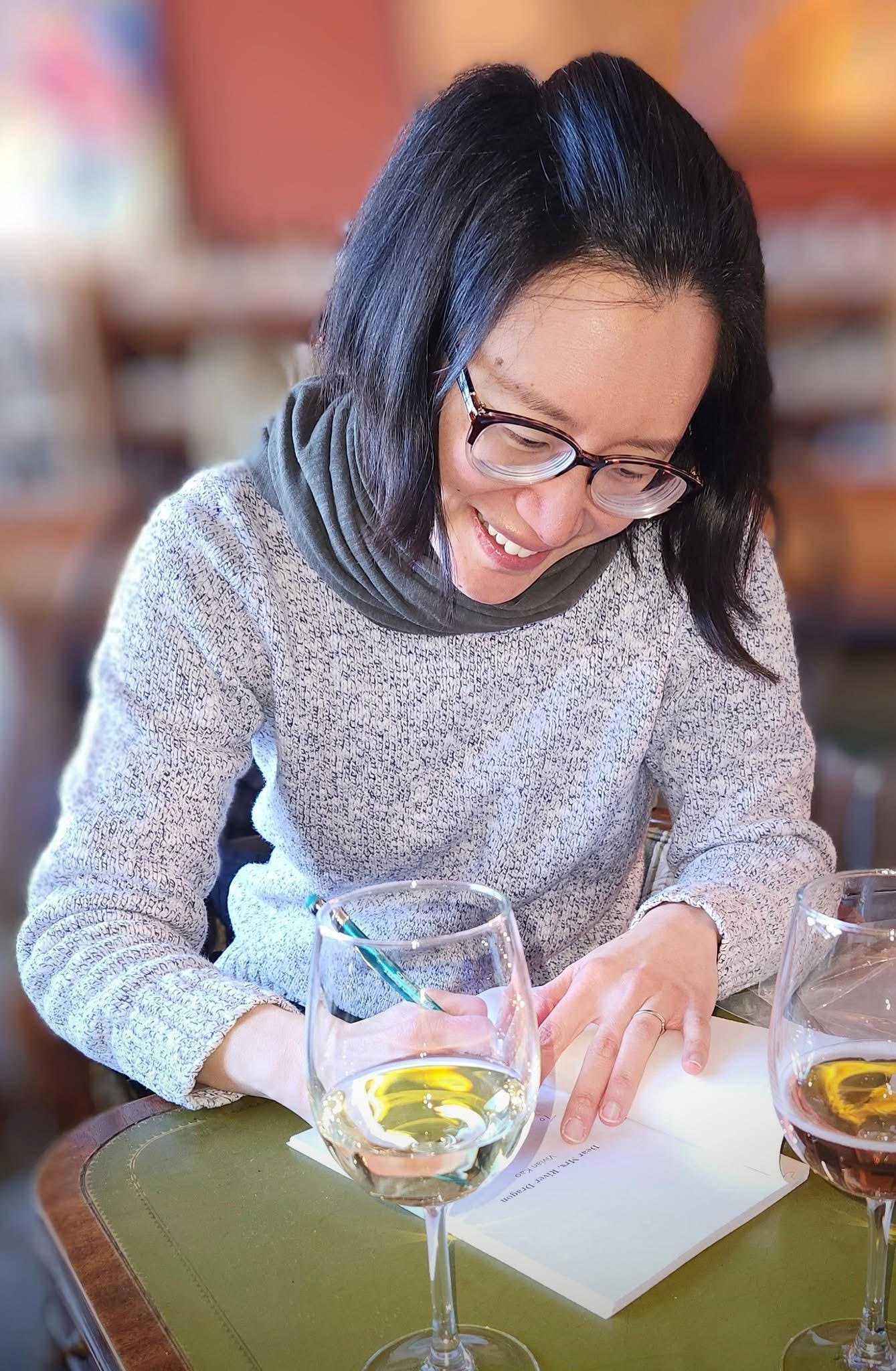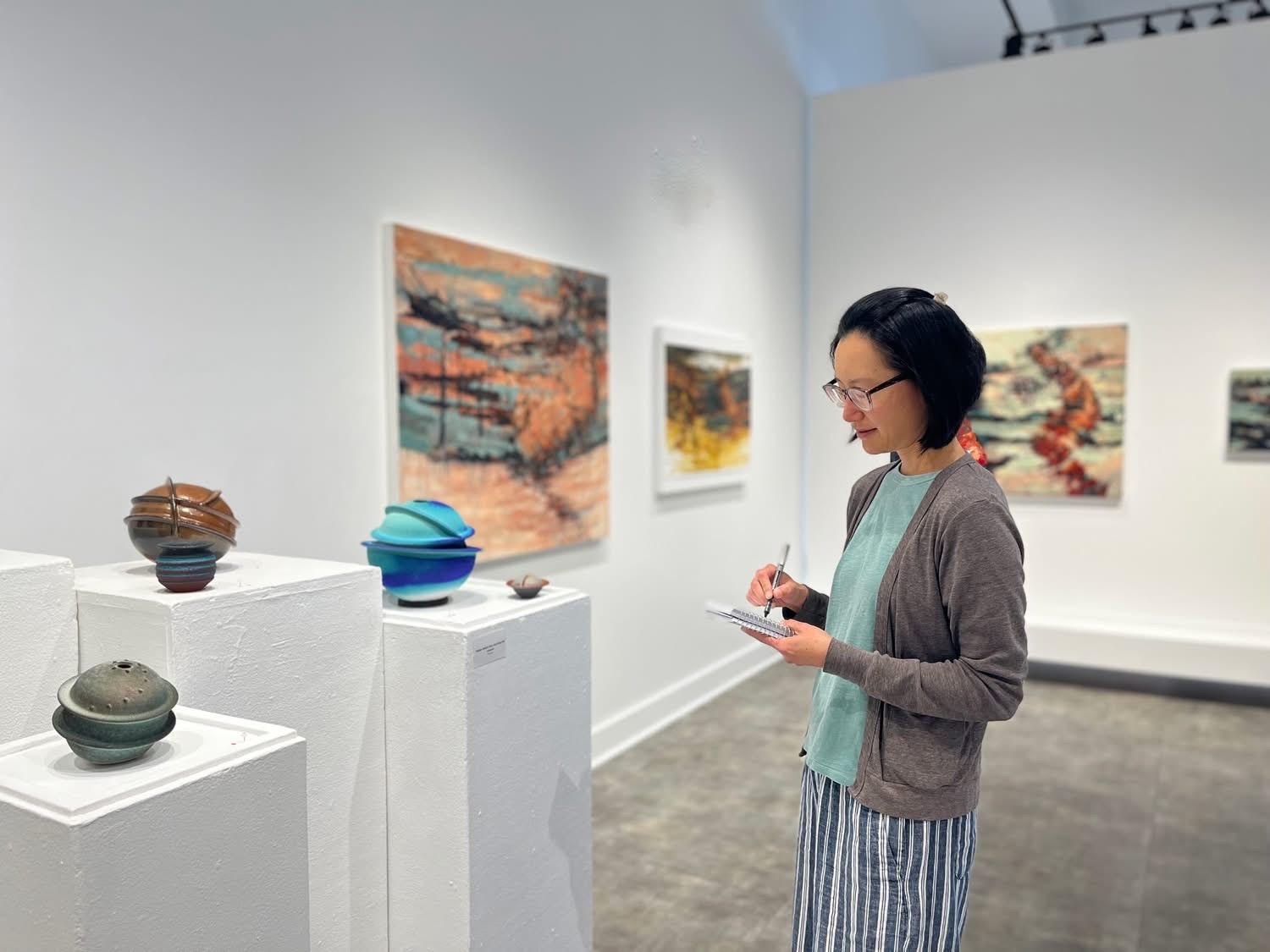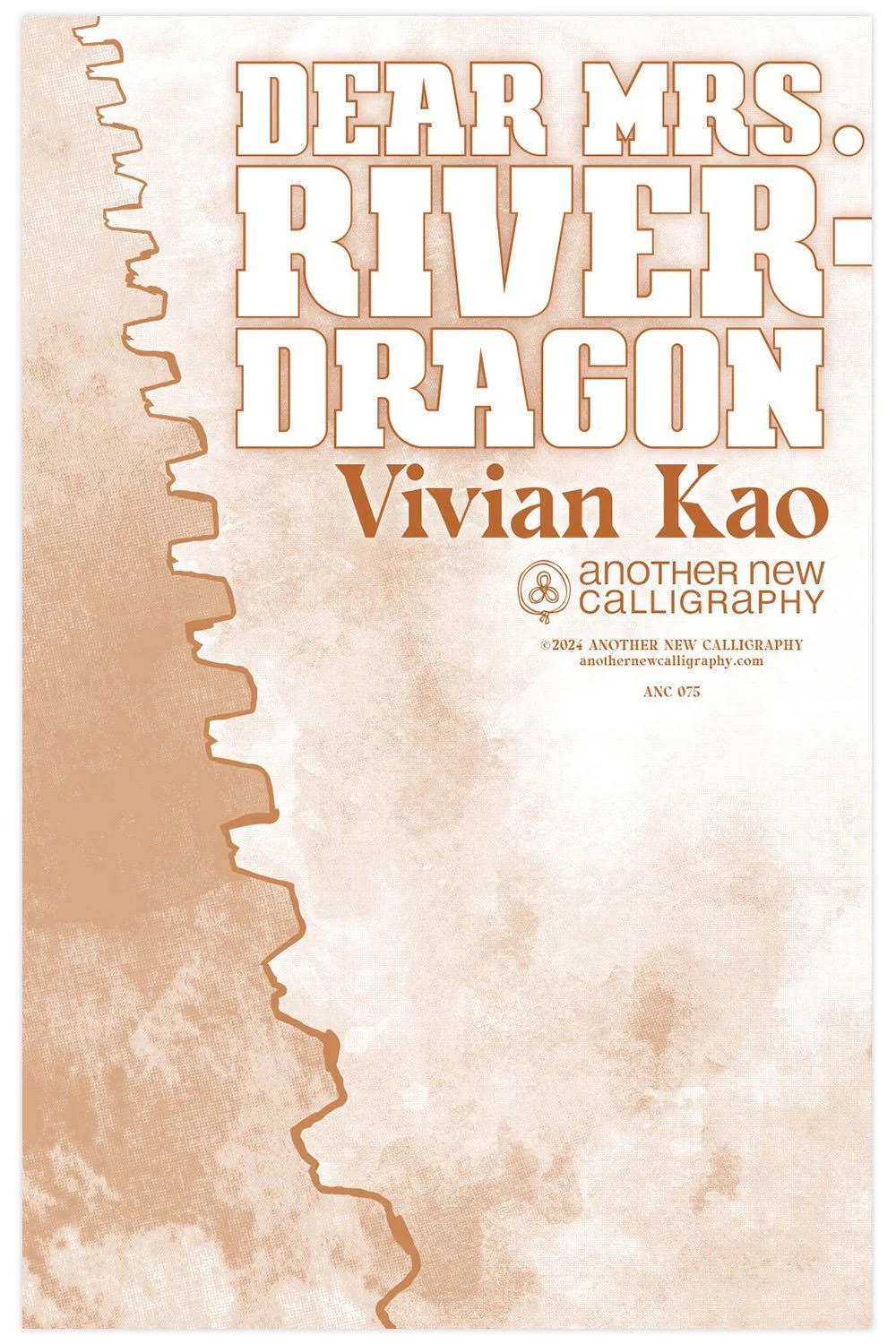

Today we’d like to introduce you to Vivian Kao.
Hi Vivian, we’re thrilled to have a chance to learn your story today. So, before we get into specifics, maybe you can briefly walk us through how you got to where you are today?
I’ve been a reader of poetry my whole life, but I started writing my own poems during Covid. I wanted to document my own and my family’s experiences as Asian-Americans living in a city with very few Asian Americans. When people think about Asian America, they often picture communities on the two coasts, and indeed, that is where the majority of Asian Americans are. In the Midwest, we can sometimes feel like a micro-minority, rather than just a minority, and I wanted to document those experiences, especially in light of anti-AAPI events and rhetoric that came out of the Pandemic. But I also wanted to celebrate my city, where, despite being a micro-minority, I have found a place to call home. When I began writing, the words came out as verse, and although I was new to writing poetry, I decided to honor the process and allow my expressions to be what they were–poems. These early drafts became the manuscript /Dear Mrs. River-Dragon/, which was published in 2024 by Another New Calligraphy, a independent publishing house in Chicago.
Since publishing my first book of poems, I have continued writing, reading the poetry of others, and communing with other poets. In 2024, I was given the opportunity to be the Writer-in-Residence for the Buckham Arts Collective that runs a non-profit art gallery in downtown Flint. For a year, I had the pleasure of creating poetic pieces in response to ten amazing exhibitions of visual art. I pushed myself to use the experience to experiment with new poetic forms and methods. My poems will be collected in a volume published by the gallery called /Observations/ in the coming year.
I am currently working on a book of poems about coming of age as a second-generation Chinese-American woman and a chapbook on memory, diaspora, and the inheritance of family loss in relation to the wars and violence in China in the first half of the twentieth century.
Would you say it’s been a smooth road, and if not what are some of the biggest challenges you’ve faced along the way?
Trying to get published as a poet is always a struggle. Untold hours of labor go into preparing poems and manuscripts for publication, researching publication outlets, sending your work out, and waiting for responses, not to mention the countless hours that go into writing the poems themselves. The fact that the vast majority of responses come back as rejections can be demoralizing. Continuing on, figuring out why you want to continue on, and finding that steely resolve within yourself that brings you back to your desk, day after day, is the hardest part of being a poet, but it’s also the deepest, most spiritual part of the process.
As you know, we’re big fans of you and your work. For our readers who might not be as familiar what can you tell them about what you do?
My first book of poems, /Dear Mrs. River-Dragon/ (Another New Calligraphy 2024) is inspired by my family’s experiences as Asian-Americans living in a city, state, and region with a very small Asian American population. So you might say I am a poet of the Asian-American experience in the US Midwest. But I would also like to think of myself as a local poet of Flint, Michigan, whose work takes up themes of segregation, de-industrialization, poverty, and the urban experience. I also enjoy Ekphrastic writing and often compose poems in response to visual art. My current work continues to investigate the themes of family/domestic life, women’s experiences, immigration, diaspora and belonging, generational conflict, memory, and the Chinese-American/Asian-American experience in the US.
How can people work with you, collaborate with you or support you?
I am very open to collaborating with artists and writers who are interested in the same or similar themes as I am–family/domestic life, women’s experiences, immigration, diaspora and belonging, generational conflict, memory, and the Chinese-American/Asian-American experience in the US, as well as urbanization, poverty, and de-industrialization in the US Midwest.
I’m also interested in future projects and collaborations with visual artists, art institutions, or galleries.
Pricing:
- Here is a link to purchase my book: https://www.anothernewcalligraphy.com/catalog/p/anc075. $13 per copy, handmade and numbered
Contact Info:














